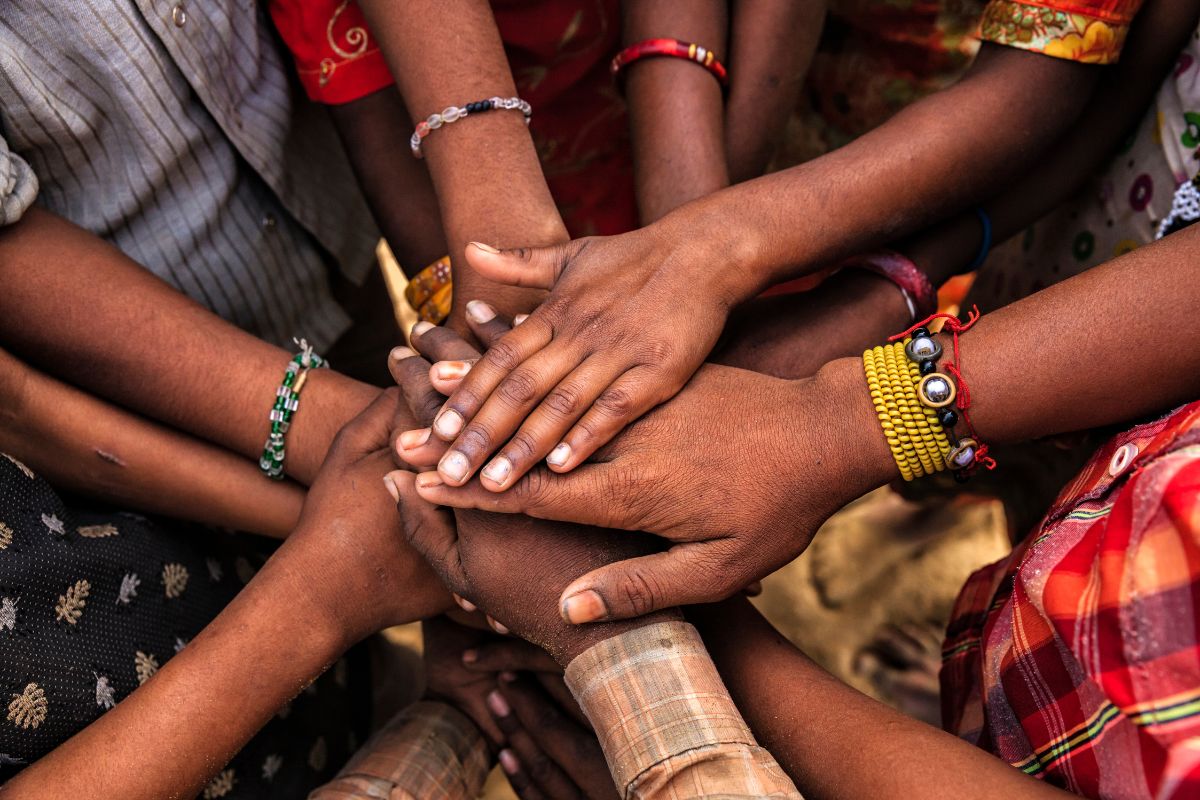The caste factor has been of enduring importance in India for a long time, cutting across regional and provincial boundaries. Its worst manifestation has been in the form of the practice of untouchability, which means a very extreme form of discrimination in which people of some castes are treated as untouchables. This practice was abolished very firmly by the Indian Constitution and made both illegal and punishable. Yet more than seven decades after India got its admirable Constitution, periodic surveys and studies remind us that this practice has still not gone away and in fact has wider prevalence than what may be visible on the surface. On the plus side, certainly this evil has reduced compared to preindependence days, both due to the law and wider social forces like urbanisation, education, and reform efforts. An increasing number of educated people oppose it in very strong terms. This limited social progress by itself is good, but we should have been able to go much beyond this.
Untouchability should have been a matter of history by now. Unfortunately, as already stated, the reality is far from this. In addition to the extreme practice of untouchability, there are various other forms of social discrimination in our society. This can be based on several identities, but caste is often an important factor. In some cases, this discrimination can be more subtle than crude, yet in certain conditions can take even violent forms. What is more, discrimination is not just the only negative aspect of narrow caste-based identity, although it is quite often the most objectionable one. Much that happens in society because of excessive identification with caste has adverse impacts on the capacity of society to progress. It has been reported that several hundred thousand castes and sub-castes (and perhaps sub-subcastes) have already been identified in earlier caste census and survey efforts. Such data collection on several hundred thousand sub-castes certainly appears to be an avoidable pursuit at a time when the entire humankind faces survival issues.
Advertisement
In fact, several leading and highly respected social reformers have given the call for a casteless society from time to time. On the other hand, there are several trends which appear to be taking us in an opposite direction. One reason for this is that many political parties identify their agenda primarily in terms of caste alignments. Perhaps this is the reason why they also keep raising demands like caste census and caste surveys. There are several parties, groups and leaders who would like to be seen as a part of progressive forces (and in fact have been involved with progressive causes) who also raise such demands. Linked to them are caste groups more specifically of historically weaker sections who identify their solidarity in terms of caste groups rather than class groups. They may have their reasons but a big question before us today is whether India is at all moving on the path towards a casteless society, even if slowly.
As a result of various trends described above, we may be moving away from the objectives of such a society. Just to remove a possible misunderstanding, let me state here clearly that pursuing the objective of a casteless society does not mean the exclusion of affirmative action to help those groups that have historically been victims of great injustice. Such affirmative action, like reservation, should continue until historically discriminated groups and castes reach a position of equality. While making this clarification, it is necessary also to assert clearly that the agenda of a casteless society is an agenda of equality and justice and should not be allowed to be misinterpreted or even hijacked by the forces which are anti-equality and anti-Dalit. While taking the necessary precautions to avoid misinterpretation, society must certainly move in various ways towards the objective of a casteless society.
The agenda for this can be discussed and various specific issues and campaigns can be identified, but not much is happening in this context precisely because most governments, most of the leading political parties and even several of the progressive groups are not really interested in this; their concerns are narrower. Hence it is important today to give much more attention and thought to the objective of creating a casteless society in India, thereby getting rid of the burden of centuries which has hindered equality, harmony, and progress. Creating a casteless society used to be a respectable assertion at one time, but somewhere along the line it appears that we started neglecting this, with the result that today we seem to have drifted further away from the objective. This is a neglected agenda, and one does not see many signs of its revival, at least none that are visible. So, is Indian society condemned to be ridden by casteism, despite this being almost certainly a narrow and regressive feature of society? To conclude on an optimistic note, however, one can only hope that the next generation will show a keen desire to move away from this.











